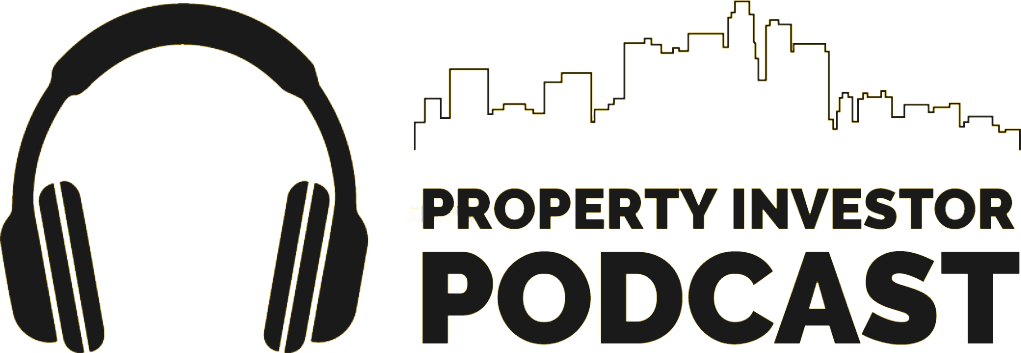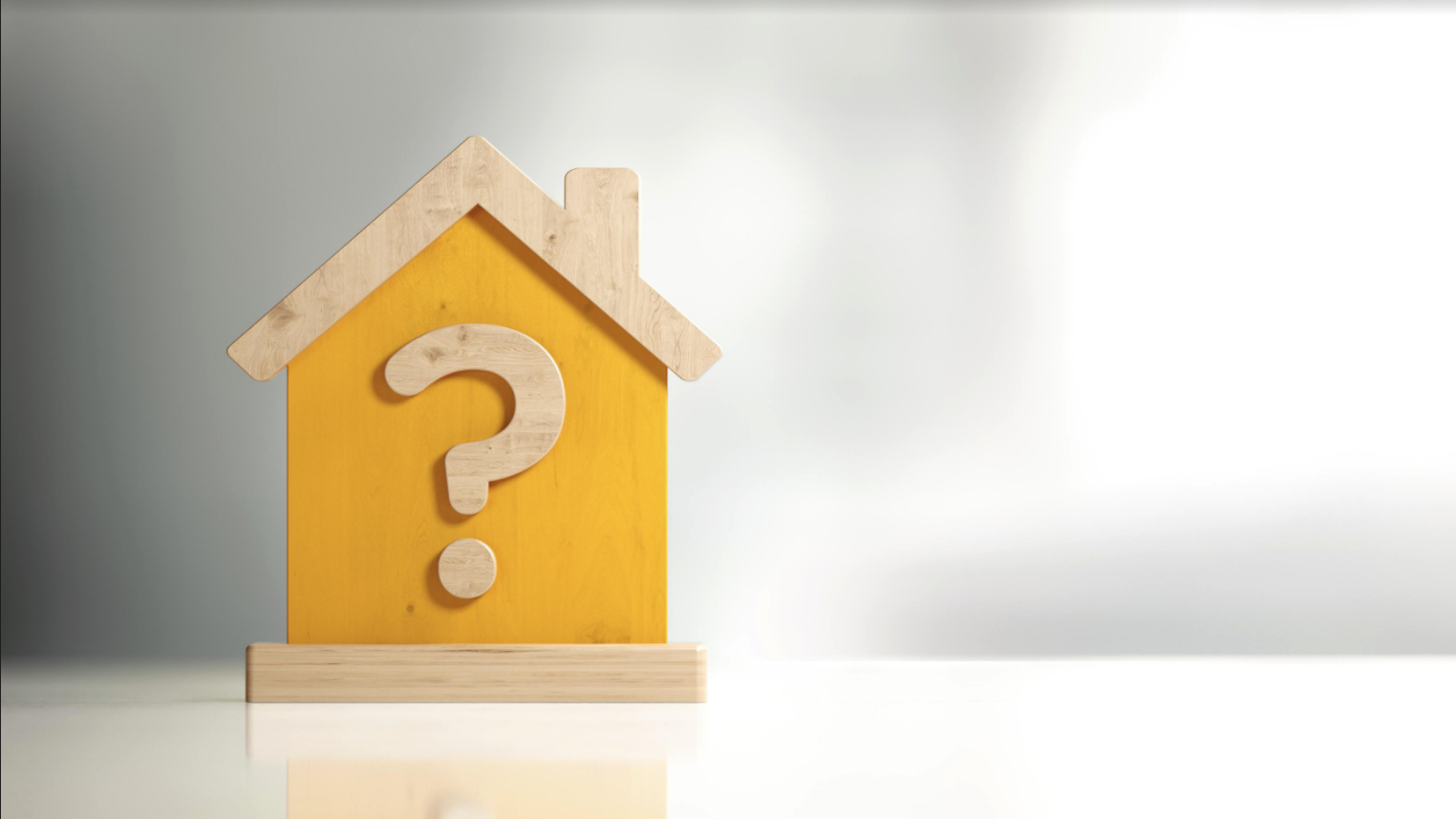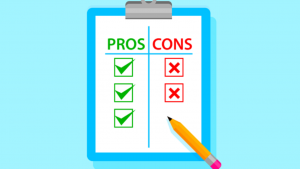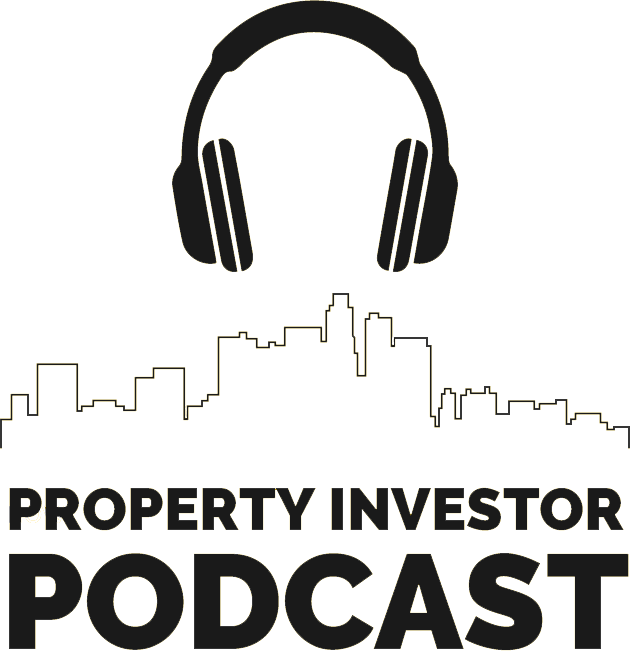


The question everyone’s asking ‘Where will our property markets be in 2021 post Covid19?’
We compare previous recessions and property down towns, what is happening at the moment and how it will affect the future of property market.
Support article: Where will the housing market be in 2021?
Where Will The Housing Market Be In 2021 ? Transcript.
So where will the housing market be in 2021. In case you’re wondering, this was recorded in August 2020, so we’re well into, I guess, half a year of living with COVID-19, and we’ll be looking at what’s happened so far to the housing market and try to make, I guess, an insight based on what’s happened as to where it’s gonna be in 12 to 18 months’ time.
To look forward in the real estate market, it’s important to always look back and just look at examples of what’s happened and use that as a template. It’s not guaranteed, but it’s a great example of what can happen.
01:11 MR: So our most recent example was the GFC, and to bring you back to then, I was observing this quite closely and what I had observed was America’s financial institutions having an absolute meltdown. They were not able to keep their doors open.
Long story short, the Fed or the American government also, they had to bail the banks out. Now, the fear of what happened gripped the whole planet and every country across the globe was fearing their economies buckling under the pressure of GDP decline and recessions, really. So back then, we had the government of Rudd, Gillard-Rudd, and they’d actually signed… Well, Julia Gillard had signed over one of the biggest stimulus handouts in history. And it was pretty much the end of the financial world. Everyone was worried about how this was gonna ruin Australia and how Australia was gonna buckle under the pressure of financial burden, and how it was pretty much gonna undo all of our GDP growth and all the hard work, and people were fearing investing in property.
02:20 MR: Now, looking back, it’s been a good 10 years since, and what’s happened in the real estate market was we had a 10-year boom in prices where we’ve had consistent growth. Okay, so there’s a lot of similarities there that sound familiar in 2020.
Now, let’s look at how the housing market has… What’s led up to what’s happened, how the housing market looked prior to and what’s happening right now to protect the housing market or shelter the housing market from experiencing a decline or a major crash. Now, in the lead-up to the pre-corona world, the 2018-2019 Royal Commission rained down on the big banks and really looked at their lending practices very closely, and in the lead-up to the Royal Commission, there was a lot of fear amongst banks, and they basically tightened up their lending practices quite stringently, and what we experienced in the actual real estate market was, it was getting harder to get finance and properties were not selling as frequently because people were struggling to get the right amount of money for property.
03:29 MR: So what happened there was the… I guess we had a bit of a health check when it comes to lending and that probably did a lot of good. So when the coronavirus hit, like the GFC, it happened rapidly and it barely have time for anyone to do anything reactive to protect themselves. Massive lockdowns happened, and what we saw in a lot of that was government stepping in and the banks stepping in to protect the economy.
So the government gave out record levels of stimulus of funds to protect jobs, to protect businesses and as a result, it’s working, and they have no intention of slowing these things down. Obviously, they can’t announce, “Hey, look, we’re gonna keep giving everyone free money,” but the RBA has announced that they’ll keep on government bonds, keep printing money, so the government can keep giving out stimulus for as long as we need to recover.
04:29 MR: And the banks have done a wonderful thing by softening the blow of this by basically putting a pause on home loan repayments, so we’re not seeing foreclosures rising in record numbers; if anything, people are actually doing a little bit better than what they were prior to COVID because they’re not having to pay their mortgage off.
So there’s a lot of fear out there as to what’s gonna happen in December when a lot of these banks turn the tap back on, when people have to start paying interest again, but I believe that banks will keep offering this until this crisis is past us.
05:11 MR: So what will happen to the real estate market 2021 and beyond? Let’s factor… Well, let’s make one big assumption. Let’s pretend that there is a cure to COVID-19 in the next 12 months and the lockdowns and and pretty much everything goes back to normal. There will definitely be pockets of concern.
The RBA is expecting the economy to be down about 6% this year to December 31, and unemployment to peak at 10%, and they believe there won’t be a recovery until the end of 2022; that’s the RBA. What I see happening is pockets of concern in different parts of real estate. So there’s been a huge change in commercial real estate, in a sense of how people can use commercial spaces. Technology and how we shop and how we do things, right now in the post COVID world has changed, and I believe there will be a decent correction in commercial real estate because it won’t operate the same way that it was leading up to COVID-19.
06:27 MR: So in summary, what I’m trying to say with the commercial market is that the demand and supply model is changing. We’ve had a big push in technology due to COVID-19 and how we shop and how we run businesses. And I think a lot of that is here to stay. Think of the commercial spaces in the city with social distancing and the rules around that, all of a sudden all these big offices don’t make sense anymore, and a lot of big businesses are adopting a work from home model.
Things like that will impact the commercial market, and it will look different forever. Residential real estate, on the other hand, people still need somewhere to live. Places where people conduct their business, doesn’t have to be there, that can change, but residential property, there is always a demand there for people to have accommodation. And you can also argue that the change in commercial real estate is gonna impact a higher demand for residential real estate. I guess bigger properties where people can have more spaces to work from home, where businesses can have that multiple multi-level use, where you’ve got residential property that you can live in and also run a small business from or work from.
07:46 MR: I believe the government is doing a fantastic job in protecting and shielding our economy from financial ruin. Our banks are doing a fantastic job to protect us from a housing crash, and once we get through this in the near future, in the next 12-18 months, I believe things will be as business as usual. There is gonna be change, there will be harder times ahead, but I don’t see this being the World War II scenario where we’ve experienced an absolute depression where housing prices are gonna fall 40%.
08:24 MR: So that brings us to an end of today’s topic, I hope you’ve enjoyed the discussion. Next episode, we’ll be looking at how COVID-19 lockdowns have affected the rental market, and where we see that going and leading us in 2021. So thanks for listening, we appreciate that you made it to the end, and if you do like what you hear, please subscribe to our channel. You can visit us at propertyinvestorpodcast.com.au, and also our secure site at wiserealestateadvice. If you have any questions, feel free to leave it in any of the forms there and we can get back to you with the answers. Thanks for listening.





